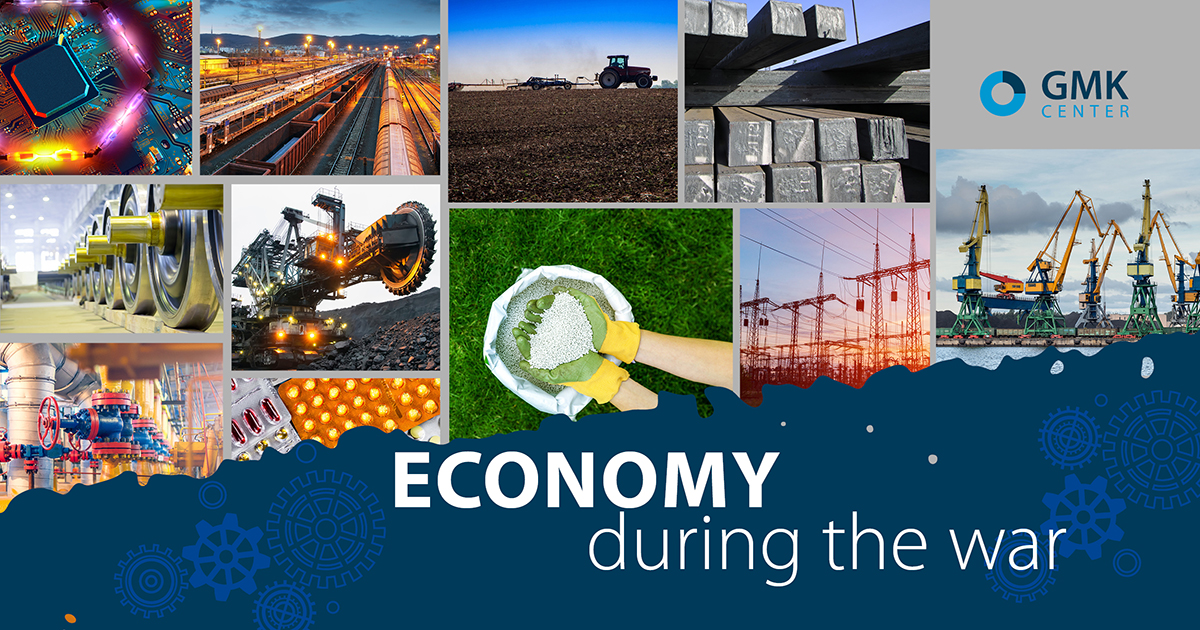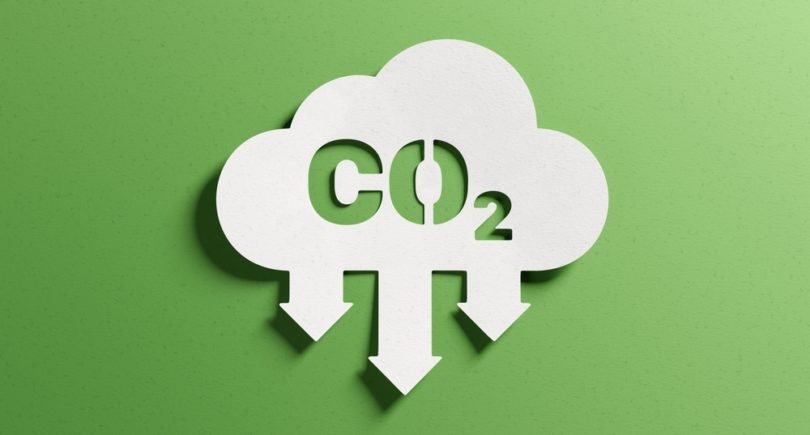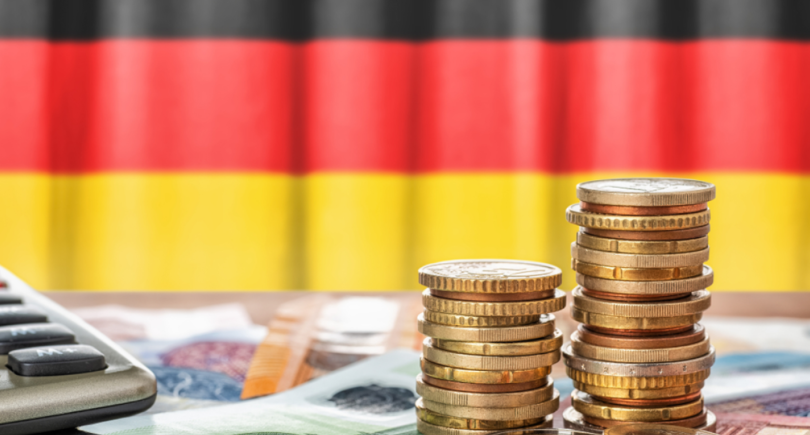
News State russian agression 2609 27 April 2022
Our analysts described the negative consequences of the war in various sectors of the economy
GMK Center has completed “Ukraine’s Economy during the War” research series, demonstrating Russian Federation’s invasion in Ukraine negative impact. The studies are now available on our website.
GMK Center analysts described the negative consequences of the war in various sectors of the economy: steel industry, energy, pharmaceutical and chemical industries, logistics, semiconductor production and many others.
GMK Center draws attention to the devastating impact of the war in Ukraine on the global economy:
- Disruptions in the global supply chain. Since the beginning of the war, seaports are closed due to mine danger and piracy threat from the Russian Black Sea Fleet. 94.7% of ferrous metals, 95.6% of grain and 90.2% of oil (mainly vegetable) transshipped via Ukrainian seaports were exports. Ukrainian steelmakers (Metinvest, ArcelorMittal) and government are actively discussing mechanisms for exporting goods to the world market through the ports of the Baltic Sea.
- Risks for European re-rollers. Imports of steel semi-finished products from Ukraine and Russia to European market in 2021 were around 84%. Now the European market deliberately refuses Russian products, as Ukrainian manufacturers are just trying to start the production, disrupted by the war. ArcelorMittal blew out blast furnace №6 on April 12, while Zaporizhstal restarted steel production only at the end of last week and is operating at 40-50% of its capacity. On the territory of Metinvest enterprises, Ilyich Steel Works of Mariupol and Azovstal, active hostilities are now underway. This is a significant problem for the European markets, since in 2021 Ukraine provided 34% of the EU’s demand for slabs and about 50% for square billets.
- The global threat of food shortages. Ukraine exported to the world market about 50% of sunflower oil during 2017-2021, 15% of corn, 15% of barley and 10% of wheat. A delay in sowing for 15-20 days can lead to a decrease in harvest yields up to 35%.
- Shortage of a number of materials and components: rail cars wheels, kaolin clays and noble gases. Ukrainian company Interpipe covered 70% of European imports of wheels for freight rail cars. The company announced the restart of the production activities only on April 9. The share of Ukraine is also large in the world export of kaolin and kaolin clays – 7.9%. Spain, for example, imports from Ukraine 70% of all necessary white layered clay. Delivery of noble gases by Ukraine stands apart: the country supplies 70% of neon and 40% of krypton to the world market, as well as 90% of highly purified semiconductor neon for the production of microcircuits in the USA. Two Ukrainian companies that closed after the war started produced from 45% to 54% of the world’s neon for semi-conductors.
The war also led to a number of internal problems:
- The need to replace gasoline and diesel fuel imported from the Russian Federation and Belarus (42% and 63% in the structure of imports, respectively). Ukrainian domestic refineries met only 46% of demand for gasoline and 14% of demand for diesel fuel. The fuel problem got even worse as Ukrainian enterprises, including the Kremenchug oil refinery (14% of the Ukrainian diesel market), are shelled.
- Destruction of wind power capacities in Ukraine. Only 27% of the total wind power capacities in Ukraine are now generating electricity, the rest are out of work. 47% of renewable energy capacity are in a war zone.
- Fertilizers production stop. The largest producers froze their capacities. An export ban has been introduced (the EU accounted for almost 45% of Ukrainian exports of nitrogen fertilizers). There is a need for alternative sources of supply to replace imports from Belarus (32.1% of total imports).
- Half of the pharmaceutical plants stopped too, while sales increased by 57%. Working plants experience war-related difficulties (supply chain disruptions, warehouse destruction, lack of trucks, life threats for the employees).
The purpose of publishing the materials of the “Economy of Ukraine during the War” is to attract the attention of the foreign community and those who make economic and political decisions. We call for an end to the war, which is devastating not only for Ukraine, but for the entire global economy.




